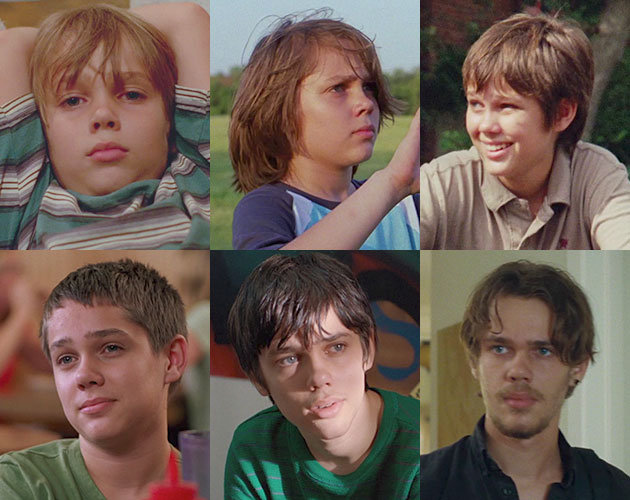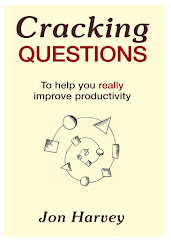Machiavelli, not one to mince words, wrote:
A prince must therefore always seek advice… he must always be a constant questioner, and he must listen patiently to the truth regarding what he has inquired about, moreover if he finds that anyone for some reason holds the truth back he must show his wrath. (from 'The Prince' Penguin Classics publication translated by George Bull, 1981)
If he hadn't have been the world's first public sector management consultant, Machiavelli would have been a whistleblower. Truth was very important to him. Wise & grounded leaders still regard truth as an essential ingredient in running any organisation successfully. Only unwise leaders want to surround themselves with people who offer only sanitised versions of the truth.
And so it is that remarkable leaders take action to encourage whistleblowing. This of course is not what happened to
James Patrick, whose story is now well known. But if you have not seen it, I commend this
short video interview of him by the Cliff Caswell, editor of Police Oracle. But other leaders can and should do different. But what needs to be put in place?
There is some useful guidance here:
Whistleblowing arrangements: Code of practice (PAS 1998:2008) which includes a useful checklist.
The Public Concern At Work website is a rich source of information and case studies as well.
But all this got me to thinking, what would I expect of a leader who not only claims to be supportive of whistleblowing (as many do) but who is,
in fact, supportive of it. In my opinion, such a leader would:
- Evidence an ability to listen and act upon information provided via whistleblowing
- Understand and be able to explain in straightforward terms, the difference between grievances and whistleblowing - and when they need to be invoked
- Be able to give examples of where whistleblowing has made a positive difference to the services being provided to the public
- Be able to counter convincingly (the oft repeated accusations) that those who whistleblow usually end up outside the organisation or being passed over for promotion (etc.)
- Put in place sufficient resources (such as a helpline and more) to allow confidential whistleblowing to occur
- Be clear that whistleblowing rights are extended to all, including contractors
- Sponsor and help shape an effective communications strategy that reaches into every nook and crevice of the organisation, so that everyone knows about how they can whistleblow
- See how whistleblowing connects with organisational improvement, reputation management, social media & comms policies and leadership development
- Challenge other leaders who may have bought the T-shirt but are not quite wearing it yet!
- Review progress and test whether whistleblowing is happening as it should
- Be whistleblowers themselves (should the need arise) and have the capability and commitment to speak truth unto power
- Show even more ability just to listen... (and learn and act...)
There is probably more (what would you add?).
But how do you measure up?














.jpg)


